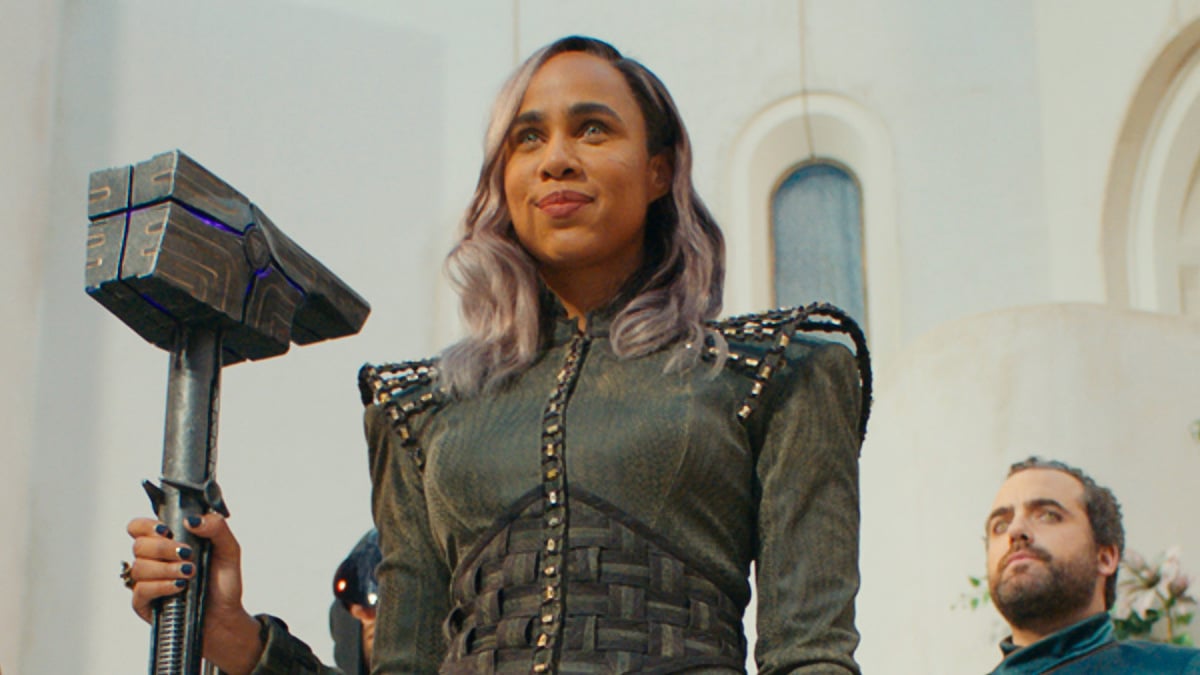So there’s this new thing called the MCU.
It could really be going places, guys. It’s wild – they’re taking this back catalog of characters dating back to the 1930s and using them to tell big budget stories. The heroes and villains aren’t always ready to go right out of the box, but the little studio behind the project has been doing a pretty good job of giving the dingier ones a spit-shine. Here are a few examples.
Dar-Benn
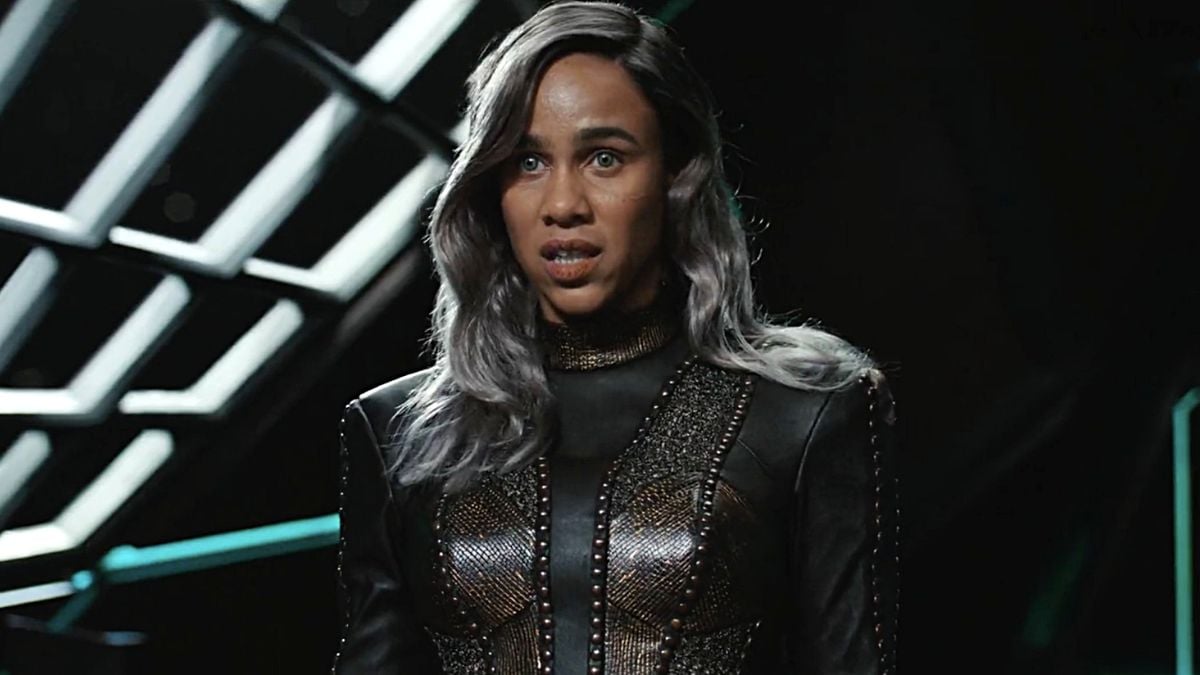
What’s your favorite thing about The Marvels villain Dar-Benn from the comics? Is it the way that she was a dude who had almost nothing to do with the character from the movie? Was it the way that he died a year after he debuted in Silver Surfer? Was it the way that Marvel never bothered to bring him back to life, a fate reserved only for the most forgettable characters and also Uncle Ben? The version from The Marvels might be Dar-Benn In Name Only, but at least she’s rad.
Scott Lang
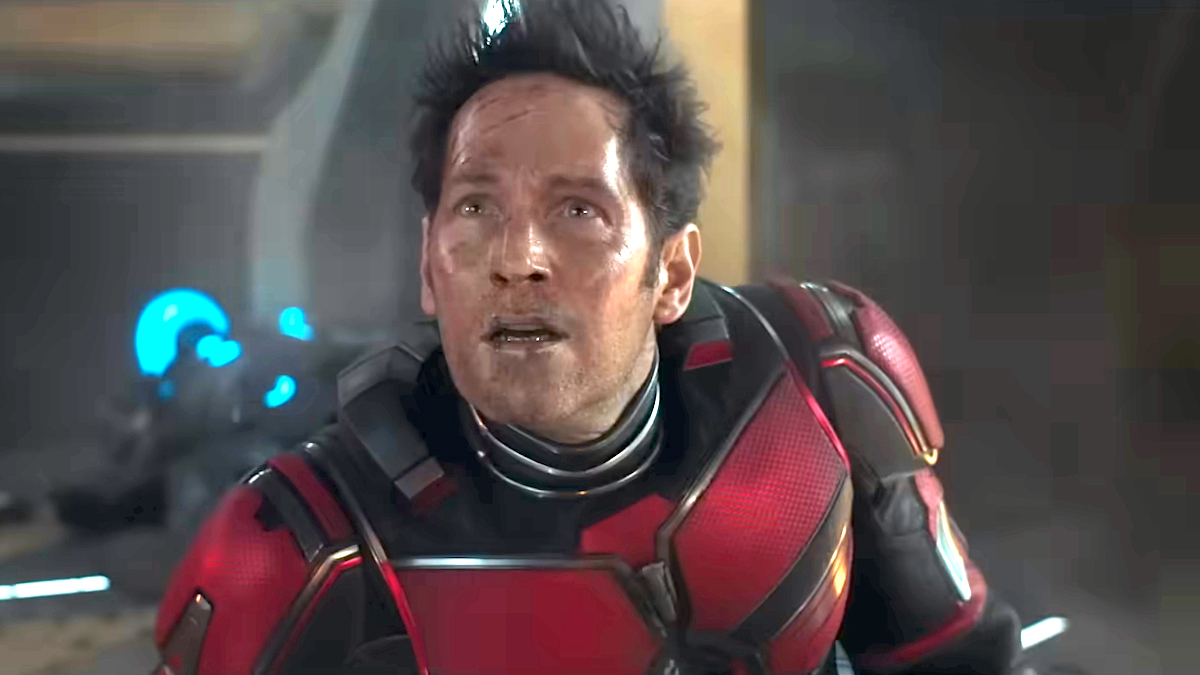
Back in the late ‘70s, Marvel had the same problem with Ant-Man that everyone else did: They just didn’t think he was a very good superhero. The lack of confidence was hard to miss. Hank Pym hopped from one identity to another – Ant-Man, Giant-Man, Yellowjacket, Professor Big Bug. In fairness, I made up Doctor Big Bug, but just barely.
Then, realizing that they were just leaving superhero costumes that they already knew how to draw in the trash, Marvel introduced a new Ant-Man. Scott Lang had an Ant-Man suit, and he was a reformed criminal. If you liked Ant-Man stories where Ant-Man didn’t commit any crimes, this dramatic shift was exactly what you’d been waiting for.
Honestly, Scott was kind of a nothing-on-rye sandwich. He landed a couple of okay stories later in his career – his daughter, Cassie, was killed by Doctor Doom, and he took over a school of zany sci-fi children and tried to turn them into regicidal assassins one time. But overall, it took a floor-up reimagining and a whole lot of Paul Rudd to make Lang into anything other than “the Ant-Man who doesn’t hit his wife.”
Purple Man
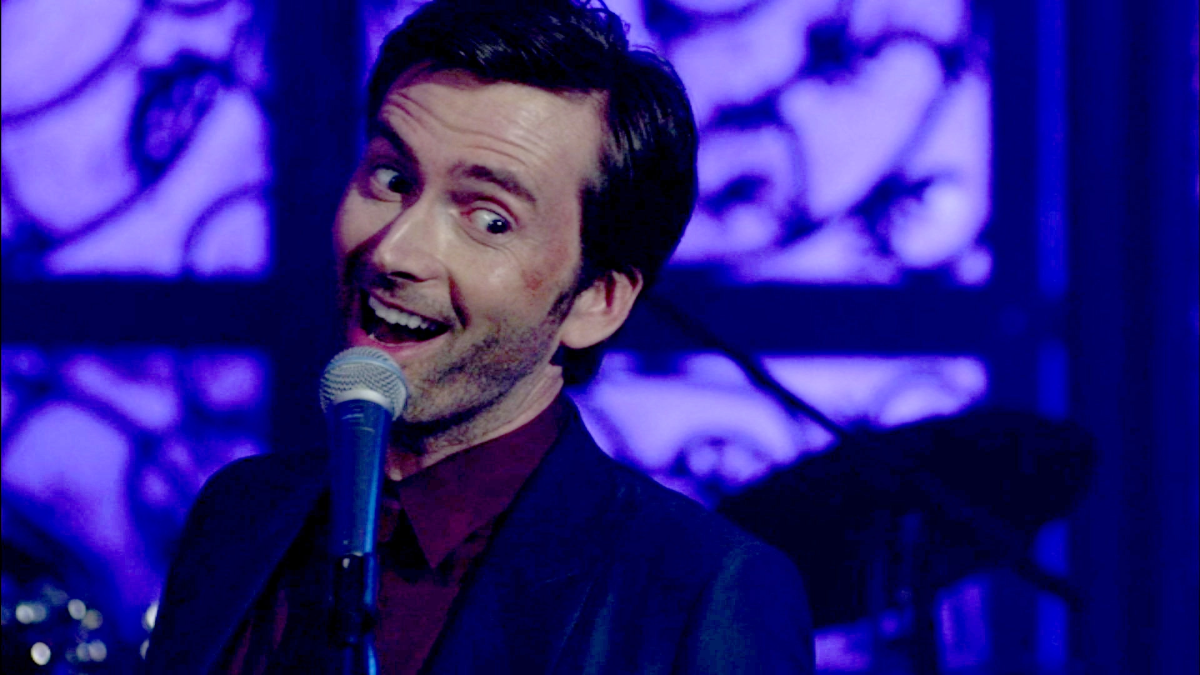
For all their years of true-to-the-comics big-budget character designs, Marvel does, from time to time, have to cut the tonal and aesthetic weirdness off at the bud.
That brings us to Purple Man, the purple man who turns men purple. Purple Man achieves this by barraging his prey with mind-control pheromones – not just any mind control pheromones, either. The kind of mind-control pheromones that’ll turn you purple. He was introduced in 1964. He wasn’t great.
All-star writer Brian Michael Bendis started turning Purple Man around when he wrote Alias, the brooding Marvel comic that gave us Jessica Jones. But it wasn’t until Melissa Rosenburg’s Jessica Jones series on Netflix that the character came into his own. Played with gaslighting, spoiled, condescending precision by David Tennant and very, very rarely purple, he became the first compulsively abusive villain in MCU history that kind of bummed you out when he died.
Most of the Guardians of the Galaxy
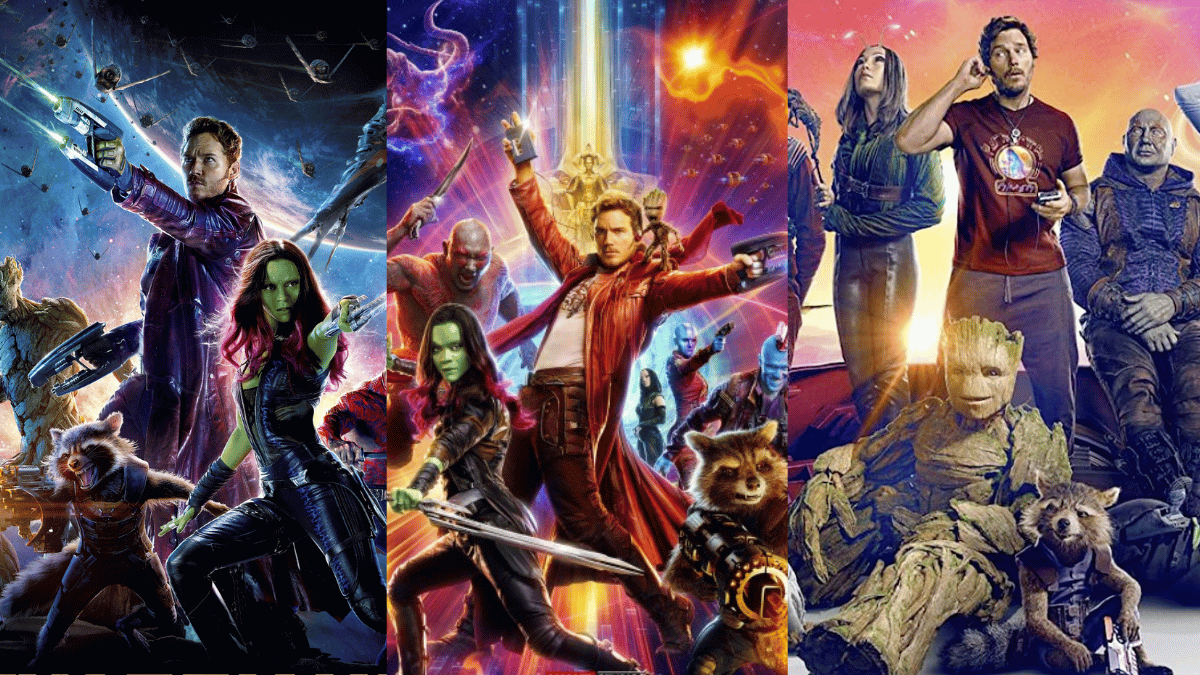
If you love the Guardians of the Galaxy, then no, you don’t. You love the James Gunn characters, and you’re right to feel that way. James Gunn is great at making you love characters. It’s why DC took all of six seconds to call dibs on the leftovers when Marvel threw him in the trash a few years back.
The team that we meet in the first Guardians of the Galaxy movie is a copy of a copy. In the comics, the crew was the second team to use the name, a patchwork of underused IPs who could be reasonably housed in space stories, and featured 100% more Phyla-Vell than the movies. Star-Lord’s dad wasn’t a planet. Rocket’s origin was a different kind of tragic. The transition to the screen was, as far as anyone can tell, the result of Kevin Feige daring himself to make a really expensive movie featuring characters that nobody liked.
Monica Rambeau
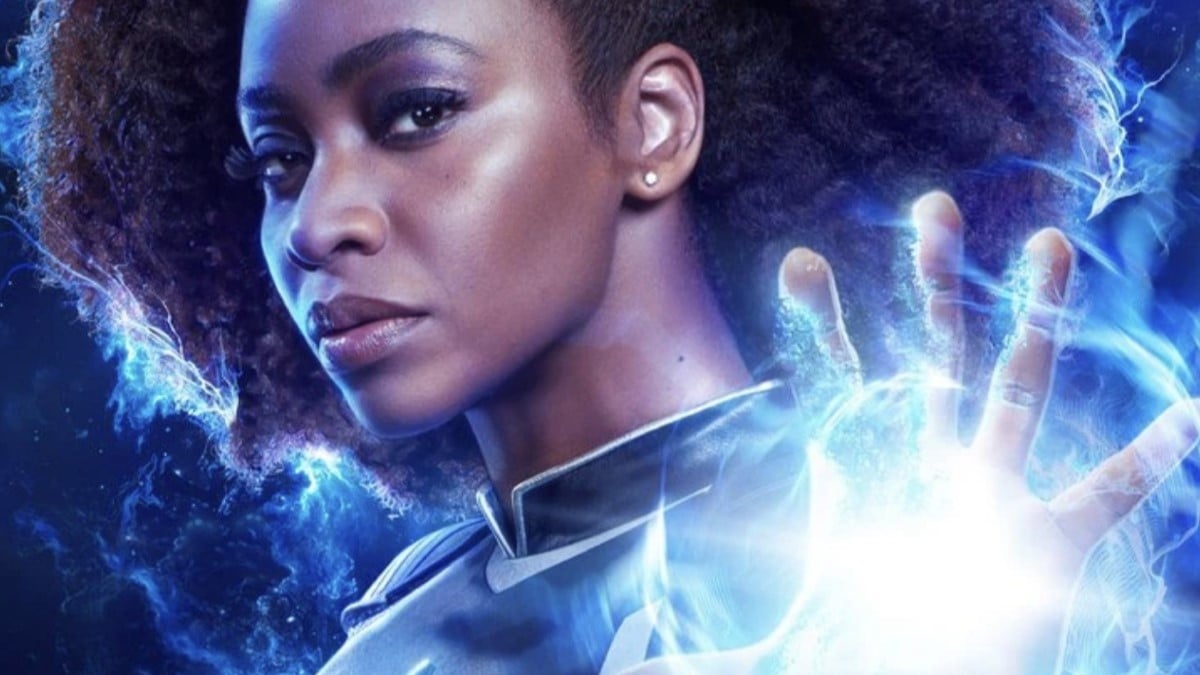
For context re: What a C-tier character Monica Rambeau was, when she showed up on WandaVision, she was wearing her superhero persona’s atomic blast iconography in the lace on her clothes, and the internet still spent weeks going “Is that Monica Rambeau?” Now look at her. She’s getting a third of her own Marvel movie. How many thirds of a Marvel movie have you had?
Iron Man

Stay with me, nerd. Do you know who loved Iron Man before 2008? Nobody, that’s who. The Avengers in general weren’t exactly a hot commodity. They got a Saturday morning cartoon in the ‘90s, and the only character from the MCU’s Big Six that made it onto the roster of regulars was Hawkeye. Seriously, no one cared.
And even today, most fans of the comics would have a hard time naming more than three Iron Man stories that they loved pre-Robert Downey Jr. There’s “Demon in a Bottle,” the series where Tony Stark drinks too much and then decides not to do that anymore. There’s “Civil War,” an action figure fight that takes some bold allegorical stances on the second amendment. Otherwise, Iron Man was mostly just a rich guy who could afford a nicer gun than everyone else. There wasn’t much there.
Then the movie came along and Downey slopped charisma everywhere, and all of a sudden nobody thought it was dumb that there was an A-list superhero who could only fly by holding his hands out next to his hips like that. Man, what can’t Robert Downey Jr. make cool? Besides Dolittle?

